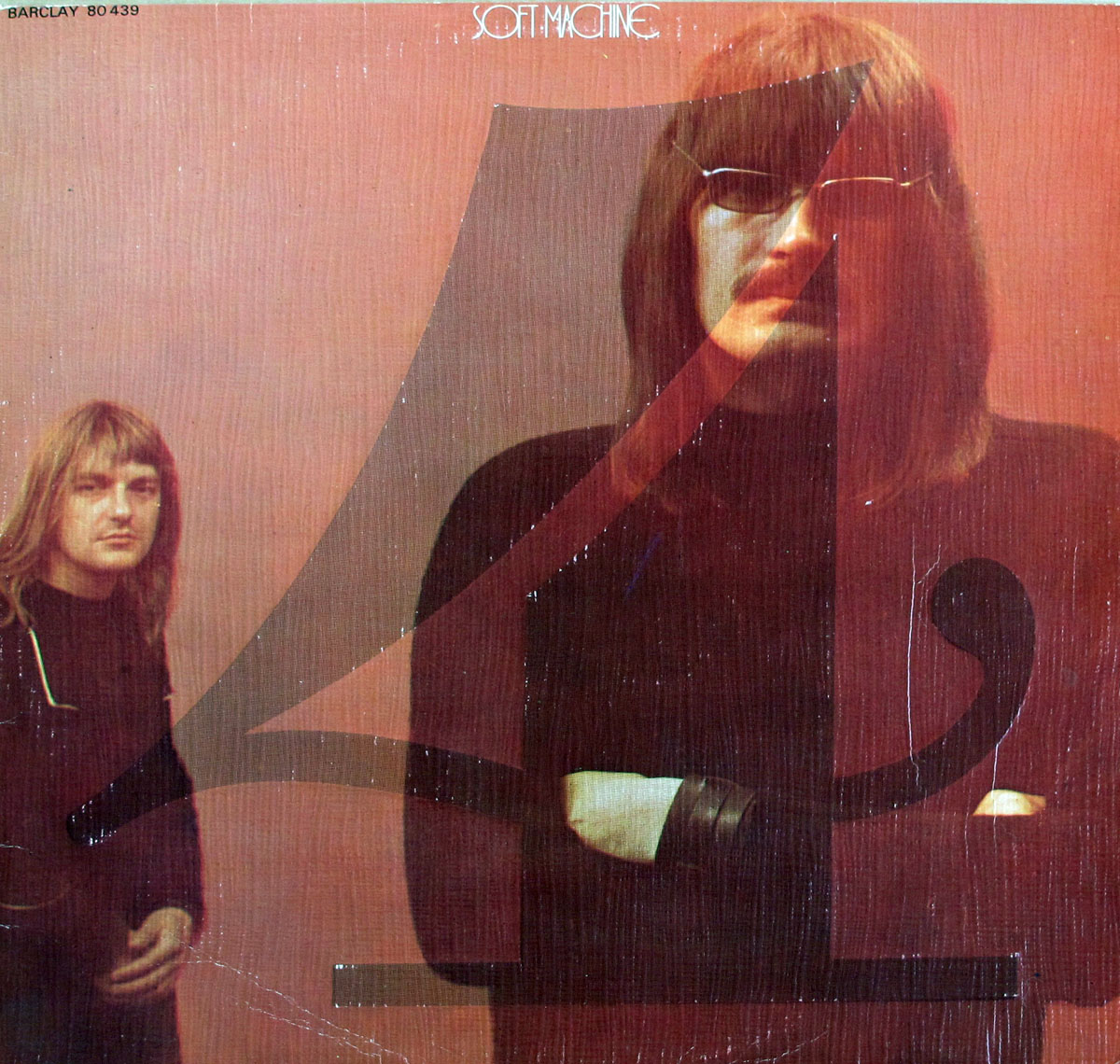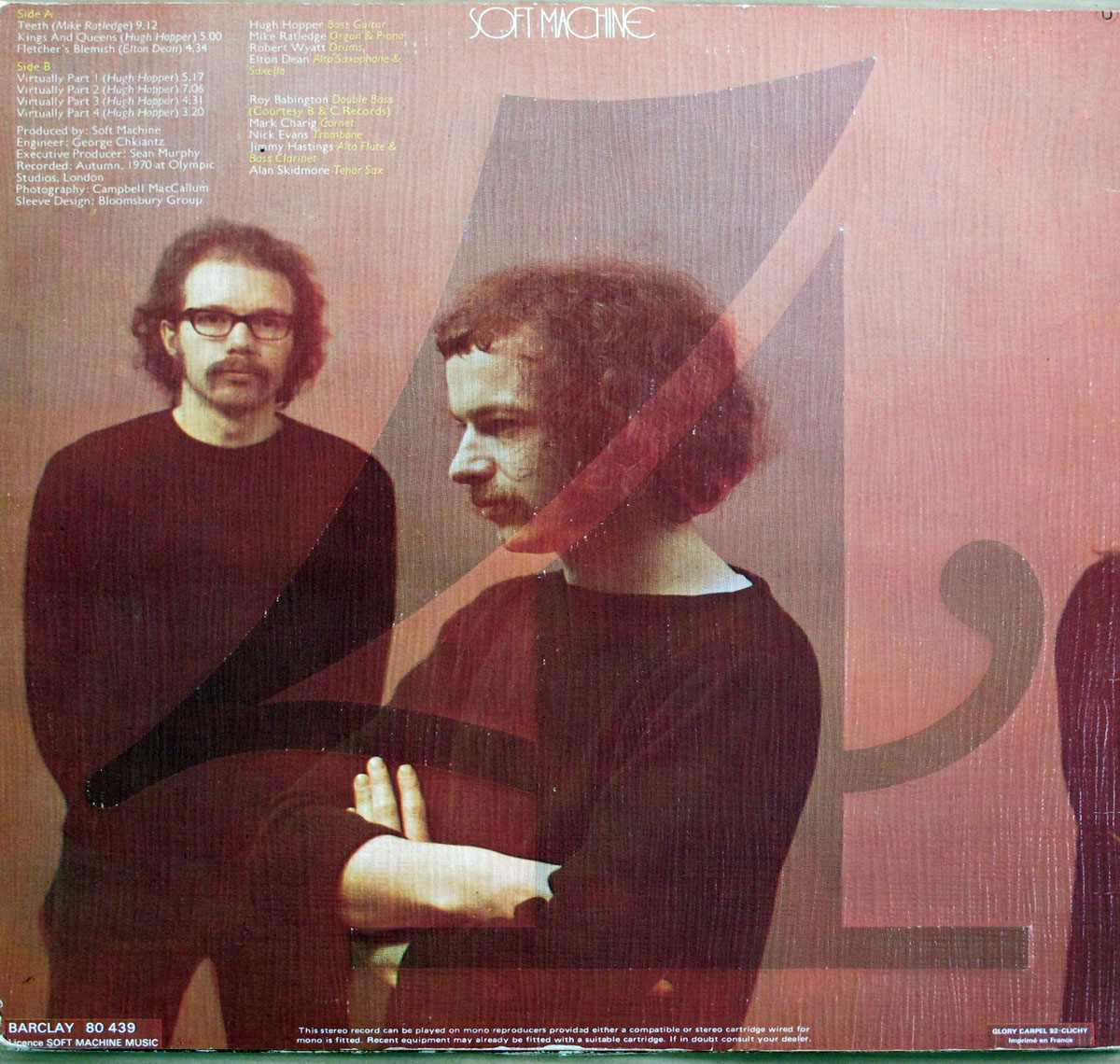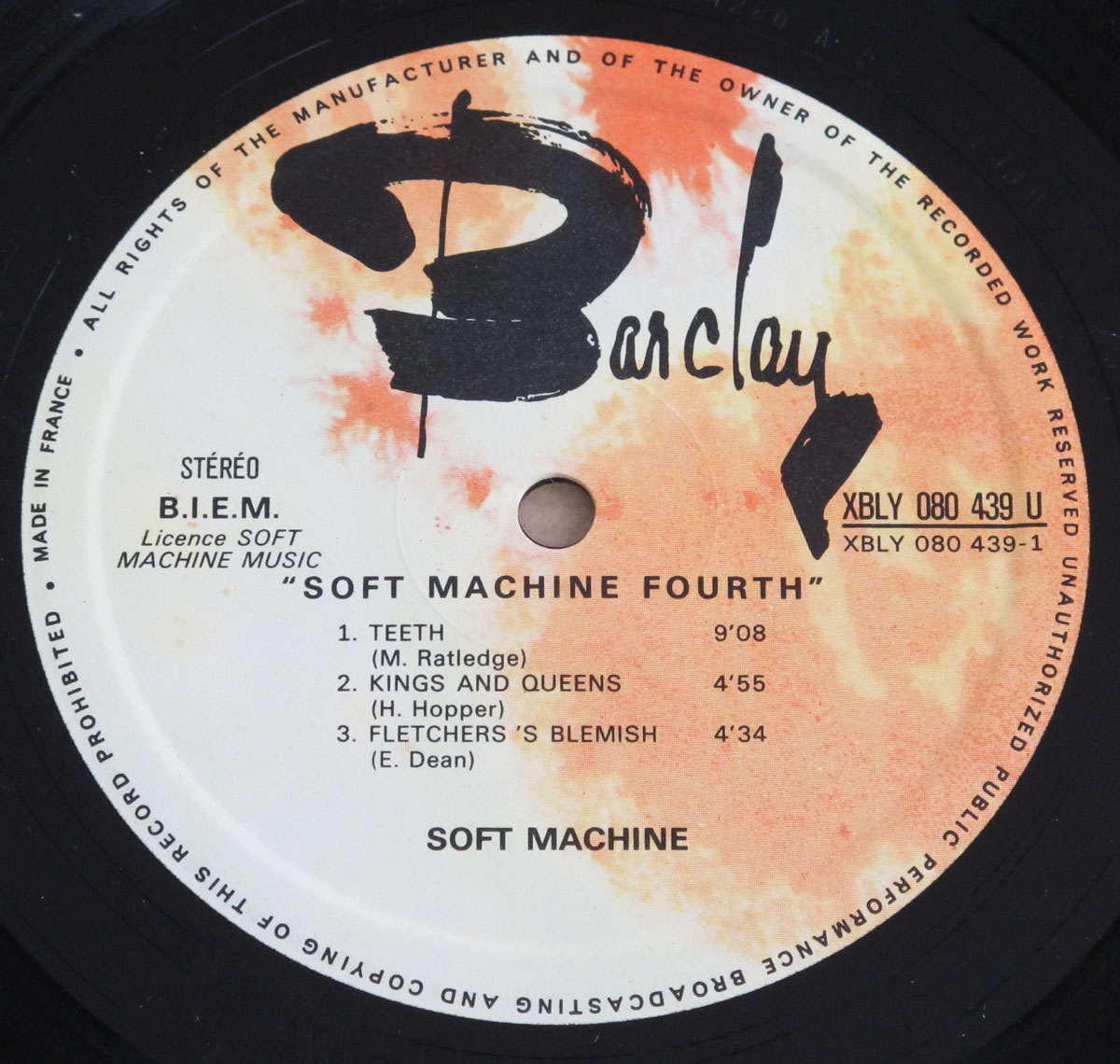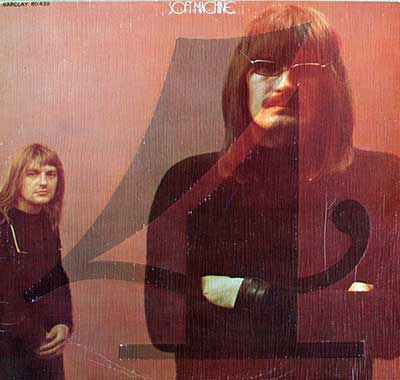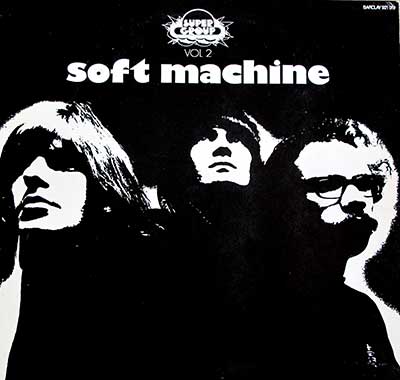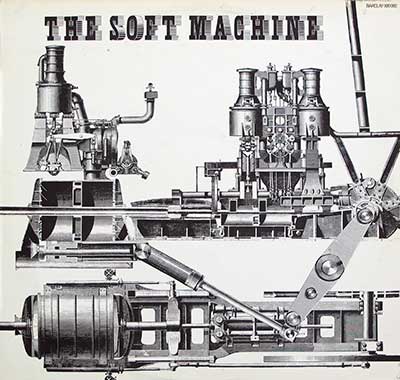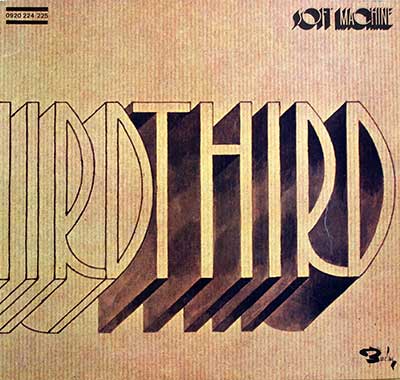Soft Machine's fourth album hit the scene like a sonic bomb dropped on the Canterbury landscape. 1971, man, that was a wild time for music. The Beatles had split, Jimi Hendrix was gone, and progressive rock was morphing into strange and wonderful new shapes. But even in that era of musical exploration, Soft Machine stood out.
The Canterbury Scene: A Breeding Ground for Musical Mutants
Soft Machine was born from the fertile soil of the
Canterbury scene
, a hotbed of musical experimentation where jazz, rock, and psychedelia collided. Bands like Caravan and Gong were pushing boundaries, creating sounds that were both challenging and exhilarating. Soft Machine was right there in the thick of it, a band of virtuosos unafraid to venture into uncharted territory.
Soft Machine Fourth: A Sonic Odyssey
This album wasn't just a collection of songs; it was a journey. A heady brew of jazz-rock fusion, with moments of sheer beauty and passages of mind-bending complexity. The band had shed its early psychedelic skin and embraced a more muscular sound, fueled by the twin engines of Elton Dean's saxophones and Hugh Hopper's bass.
The opening track, "Teeth," is a sprawling epic, a showcase for the band's instrumental prowess. It's a rollercoaster ride of shifting time signatures and dizzying solos, anchored by Mike Ratledge's swirling organ and Robert Wyatt's powerful drumming. But it's not all about technical wizardry. "Kings and Queens" is a gentle ballad, a moment of respite amidst the sonic storm. And "Fletcher's Blemish" is a quirky, playful piece that shows the band's lighter side.
Genre-Bending Mavericks
Soft Machine defied categorization. They weren't just a jazz band or a rock band; they were a force of nature, creating music that transcended labels. They were pioneers, pushing the boundaries of what was possible with their instruments. And they did it all with a sense of joy and abandon that was infectious.
Controversies and Creative Tensions
But it wasn't all smooth sailing. The band was notorious for its internal struggles and lineup changes. By the time of "Fourth," Robert Wyatt was on his way out, replaced by the equally talented Phil Howard. And the album's self-produced nature, while bold, might have contributed to some of its rough edges.
The Nuts and Bolts
The album was recorded in the autumn of 1970 at the renowned Olympic Studios in London, a space that had witnessed the birth of countless classic albums. George Chkiantz, the sound engineer, captured the band's raw energy and intricate interplay with remarkable clarity. The album's striking cover, a textured masterpiece designed by the Bloomsbury Group and photographed by Campbell McCallum, further enhanced its allure.
The Verdict
Soft Machine Fourth is a landmark album, a testament to the band's creative vision and fearless spirit. It's not an easy listen, but it's a rewarding one. It's a reminder that music can be both challenging and beautiful, and that the best bands are the ones who aren't afraid to take risks.
